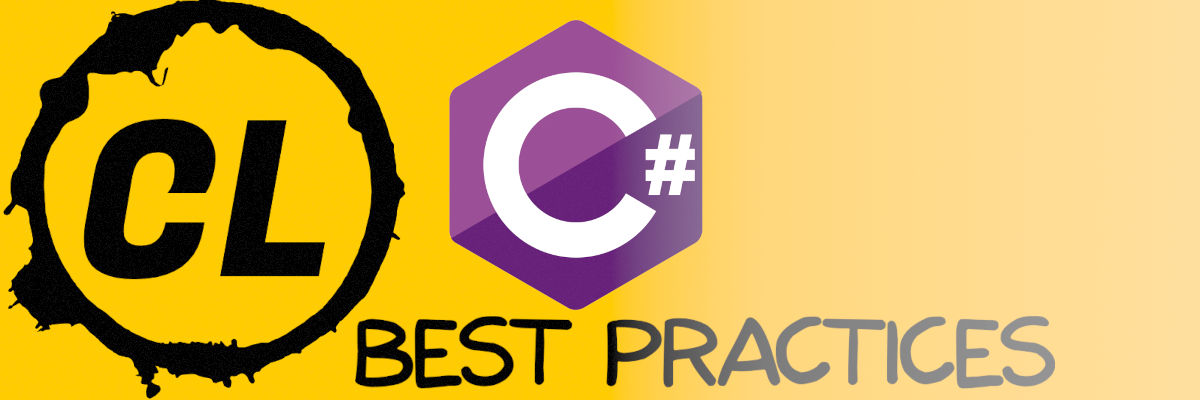C# is a powerful and versatile programming language used in a wide range of applications, from web development to game development and everything in between. When working with number data types in C#, it’s crucial to follow best practices to ensure efficient, accurate, and maintainable code. In this article, we’ll explore some of these best practices to help you master handling number data types in C#.
1. Choose the Right Data Type
C# offers several built-in numeric data types, each with its own range and precision. When working with numbers, it’s essential to choose the appropriate data type to avoid potential overflow or loss of precision. Here are some common numeric data types in C#:
int: Used for representing integers.doubleorfloat: Used for representing floating-point numbers.decimal: Used for representing decimal numbers with higher precision.long: Used for representing larger integers.
Consider the range and precision requirements of your data when selecting a data type. Using a type with insufficient range or precision can lead to unexpected behavior or data loss.
2. Be Mindful of Numeric Literals
When initializing numeric variables or constants, be mindful of numeric literals’ type inference. By default, numeric literals without a suffix are inferred as int or double, depending on whether they are integer or floating-point literals, respectively. To specify a different data type, use a suffix or cast the literal explicitly.
For example:
int x = 10; // int literal
long y = 100L; // long literal with suffix 'L'
float z = 3.14f; // float literal with suffix 'f'Explicitly specifying the type can prevent unintended type conversions or loss of precision.
3. Avoid Floating-Point Comparisons
Floating-point numbers have limited precision and may not always represent exact values. When comparing floating-point numbers for equality, avoid using the equality (==) operator directly due to potential rounding errors. Instead, use a tolerance threshold for comparison.
For example:
double a = 0.1 + 0.2;
double b = 0.3;
double tolerance = 0.0001; // Define a tolerance threshold
if (Math.Abs(a - b) < tolerance)
{
// Numbers are considered equal within the tolerance
}Using a tolerance threshold accommodates for small differences resulting from floating-point arithmetic.
4. Handle Arithmetic Overflow and Underflow
Arithmetic operations on numeric data types can lead to overflow or underflow if the result exceeds the data type’s range. To handle potential overflow or underflow gracefully, use checked arithmetic operations or check for overflow manually.
For example:
int result;
checked
{
result = int.MaxValue + 1; // Throws OverflowException
}
// Alternatively, manually check for overflow
int max = int.MaxValue;
int value = 10;
if (value > max - result)
{
// Handle overflow
}
else
{
result = max + value; // Perform operation
}Using checked arithmetic ensures that overflow or underflow is detected at runtime, preventing silent data corruption.
5. Use decimal for Financial Calculations
When working with monetary values or financial calculations that require precise decimal arithmetic, prefer using the decimal data type over double or float. Unlike floating-point types, decimal provides higher precision and is suitable for representing exact decimal values.
For example:
decimal principal = 1000.50m; // Decimal literal with suffix 'm'
decimal rate = 0.05m;
decimal interest = principal * rate;Using decimal for financial calculations avoids rounding errors common in floating-point arithmetic.
Mastering the handling of number data types in C# is essential for writing efficient, reliable, and maintainable code. By following these best practices, you can ensure accurate calculations, prevent data loss, and avoid common pitfalls associated with numeric operations. Choosing the right data type, handling arithmetic overflow, and using appropriate comparison techniques are key to leveraging the full power of C#’s numeric capabilities.

